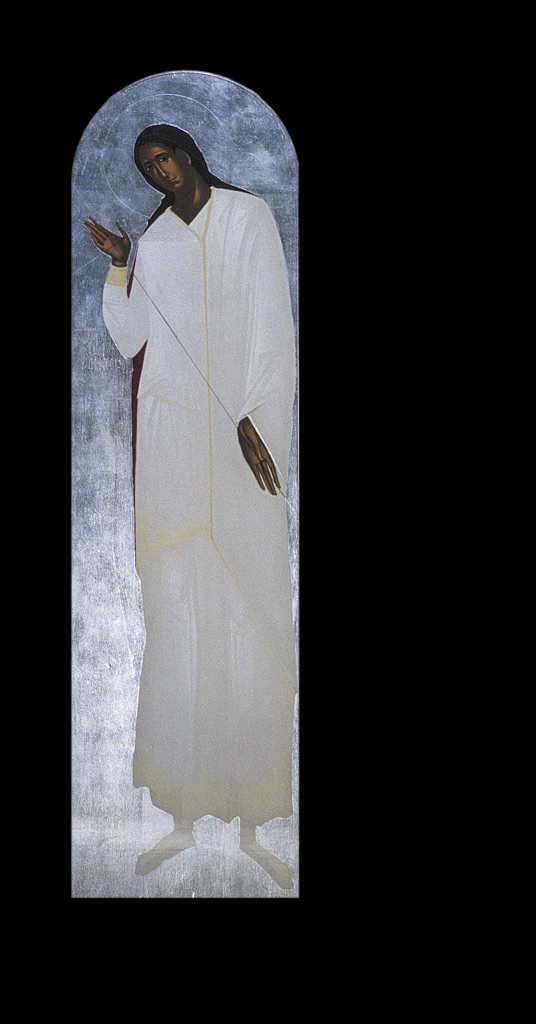
If gratitude is a virtue, my King, what apology will I be able to give, denying my Saviour Christ, who poured his blood for me, who gave me faith, hope, love, who gives me peaceful harbor in storms of soul, consolation in sorrow, safety in the waves, chest in the ordeals? And holds my eternal participation in His kingdom and glory...
Saint Hyacinth (Agios Yakinthos) was a native from Caesarea in Cappadocia and lived during the reign of Emperor Traianus (98-117 AD).
He was a man with an exceptional attitude and was chamberlain of emperor. When Traianus ordered persecution against Christians, Hyacinth proclaimed his faith and did not hesitate to confess in front of the emperor that he was a Christian. As a result he was imprisoned with no food, unless he wanted to eat meat which had been blessed for sacrifice to the gods (the eating of which was banned by Christianity). Thus, he starved to death, dying at the age of twenty.
Saint Hyacinth is the Saint of sentiments and love.
The idea to build the chapel of St. Hyacinth, accepted Metropolitan Bishop of Rethymno, Anthimos, placing himself the foundation stone. The chapel is built in the shape of Crete "mitato", is circular, stone (at an altitude of 1260m.). Based on the Late Minoan architecture rules, bearing dome in both meters and top opening with a diameter of 30 cm. Designed and supervised by the architect Stavros Vidalis.

Αγιογράφηση: Μιχάλης Βασιλάκης
When a young man, 20 years old, can defend to death his faith, can certainly do the same for the belief in mother, homeland, friend, putting feelings of deep heart above all, even and over the ephemeral life. We are aware that love is divine and that the man in love has beforehand accepted the love of God and delights His trust. St. Hyacinth, a decent person, without the experience of a long-lasting life, but flaming of the fire of invincible, decided to die standing, without hesitation. Because in his Martyrology it is recorded that, the stronger is the thirst of life, the less is the fear of death.
